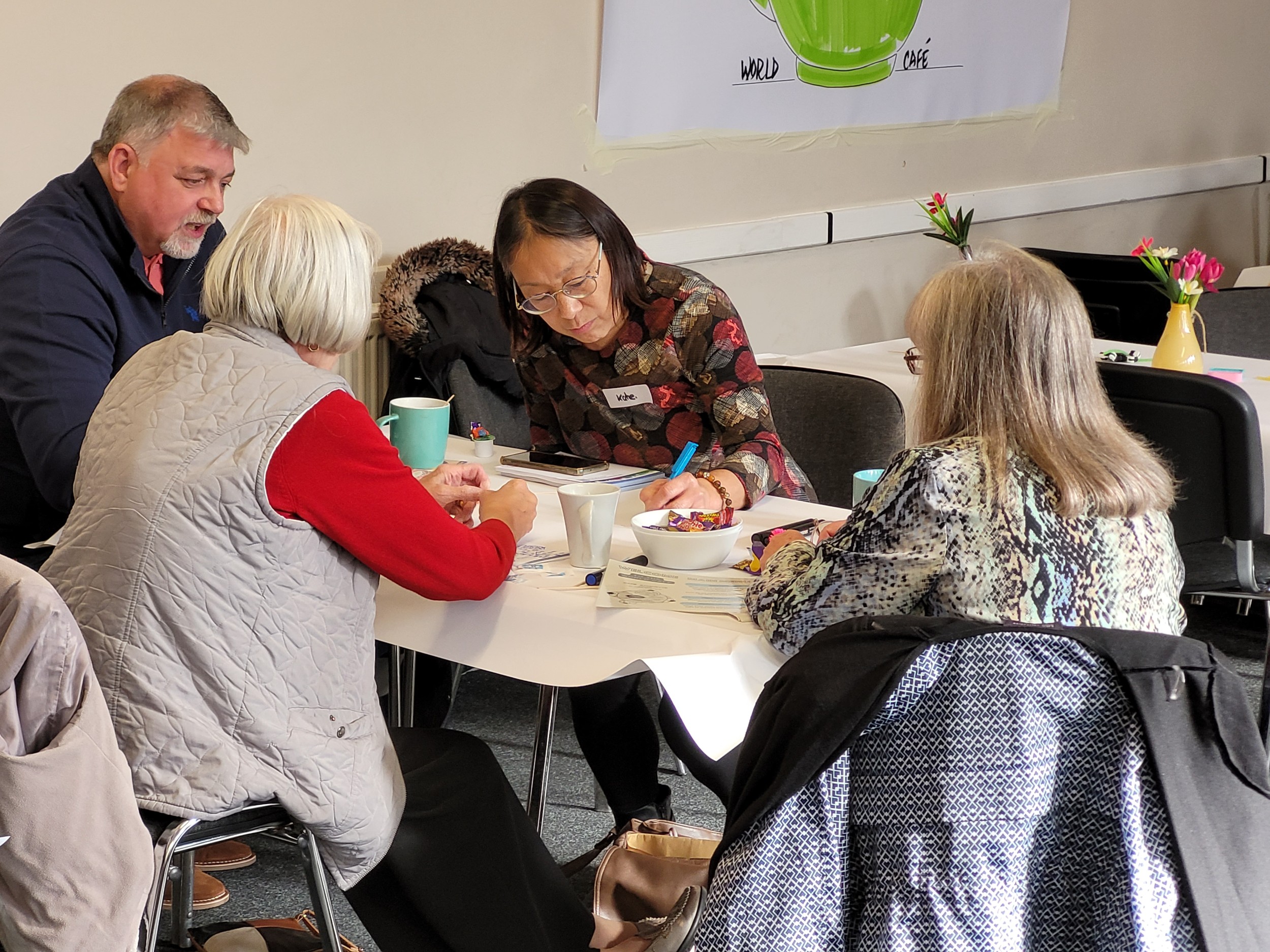Physician associates (PAs) are trained in the medical model with a generalist knowledge. This allows them to assess and manage patients of all ages with a variety of acute undifferentiated and chronic conditions. With the correct training and support a physician associate can also develop more specialist knowledge and undertake more specialist clinics.
The Faculty of Physician Associates defines the Physician Associate role as:
"Healthcare professionals with a generalist medical education, who work alongside doctors providing medical care as an integral part of the multidisciplinary team. Physician associates are dependent practitioners who can work autonomously, but always under the supervision of a fully trained and experienced doctor. They bring new talent add to the skill mix within teams, providing a stable, generalist section of the workforce which can help ease the workforce pressures that the NHS currently faces."
In July 2019, the General Medical Council were announced as the statutory regulators for PAs. Further consultation will be necessary before prescribing is added to the role.
The Faculty of Physician Associates’ census highlighted the vast array of clinical tasks and procedures performed by physician associates currently working with the UK. Within general practice a physician associate would be expected to be able to:
- Elicit a comprehensive patient history and patient examination
- Educate patients
- Request and interpret appropriate investigations
- Act upon investigation findings
- Appropriately refer
- Perform venepuncture
- Be involved in clinical audits
- Teach and supervise students
With appropriate training a Physician Associate may also:
- Perform minor surgery
- Perform joint injections
- Carry out IUS/IUD placement and removal
- Carry out implant placement and removal
- Perform cervical screening
The purpose of placements in general practice is to give PAs an insight into GP and an invaluable opportunity to spend time shadowing GPs, nurses, clinical pharmacists, qualified PAs, practice managers and reception staff. The priority of these placements is to develop an understanding of the PA role, the primary care setting, and to engage with patients.
As well as providing teaching to the students, this is a great opportunity for practices to obtain a greater understanding of the PA role and how this can be integrated into your clinical workforce. If you have a PA currently employed in your PCN, this is a good opportunity for them to be involved in teaching and mentoring.
Practices which can offer placements will receive support from their partner HEI along with funding, which is determined by NHS England and is currently £480- £500 per student, per week.
If you are able to provide any placements, or would like any further information, please contact:
- Kerry Bayliss, GP placement lead and lecturer, University of Birmingham - k.
okeeffe @bham.ac.uk


